Open Mic is the series on BLISTER where we invite various people in the outdoor industry to say what they have to say, and share whatever it is they feel like sharing at this particular point in time.
Today, we hear from Angel Collinson:

If you’re anything like me, you love four-letter words. Most notably, swear words. Also notably, LOVE.
However, there is one four-letter word that I hear thrown around a lot, but most of us resist it big-time — especially if we are motivated high-achievers, and / or outdoorsy and active folk:
Rest.
So, I’m curious. How good are you at resting? Like truly resting.
Last time you went to the doctor because something was wrong, did they say something like “Blah blah blah, now take a couple days / weeks off and rest”? And did you actually take the doctor’s orders? Or did you take maybe a day off and then get back to it?
Or what’s your reaction when someone suggests that maybe you should rest? Or take a nap? Or a day off? Or take a break from work? Is your reaction, “I don’t have time for that,” or “I’ll take a rest day and tick off a bunch of stuff on my to-do list like computerwork or house projects!!!”
I am asking you this because:
1) Learning how to rest has taken me years of actual dedication. (For real, and I’m still on the journey.) But …
2) It has changed my life so much and I want to share the how and why, and…
3) I am consistently blown away by the fact that, behind closed doors, so many of us confess that we deeply need a break but can’t seem to find the permission or justification to do so, even when we know it’s what we need most.
If you feel like you have an awesome work / life balance, you don’t have too much on your plate, you sleep great, you have time for family and friends and yourself especially, your body feels spry and your energy is great, and you are generally thriving, congrats!!! You are in the minority of the people that I know.
There’s a lot in our culture and in our industries that make us feel like we should be motivated all the time, and any time spent not being productive or doing something rad is time that could generally be ‘better’ spent. We are encouraged and praised for our accomplishments (the more the better!) and live in a culture of constant DO-ing. The rewards and praise usually come from more work, not less.
Take it from me, who went from being a professional ski athlete to sailing around the world in the next breath: it feels good and works great when you’re going hard all the time and reaping the benefits — until it doesn’t.
At some point, if we are consistently pushing ourselves past our limits, our bodies or spirits will let us know that we need to slow down. The message might come gently, or it might come as a loud wake up call. It might present as burn-out, fatigue, injury, or general malaise and shut-down.
My friend Ginny shared with me the phrase: “Rest is Revolutionary” — and that resonates with me so deeply. The revolutionary changes we want to make in our lives and in the world happen when we are rested, when we are energized, and our cups are full. I was like, damn, if I actually want to change the world, and live life the way that I want to, I have to learn how to rest better.
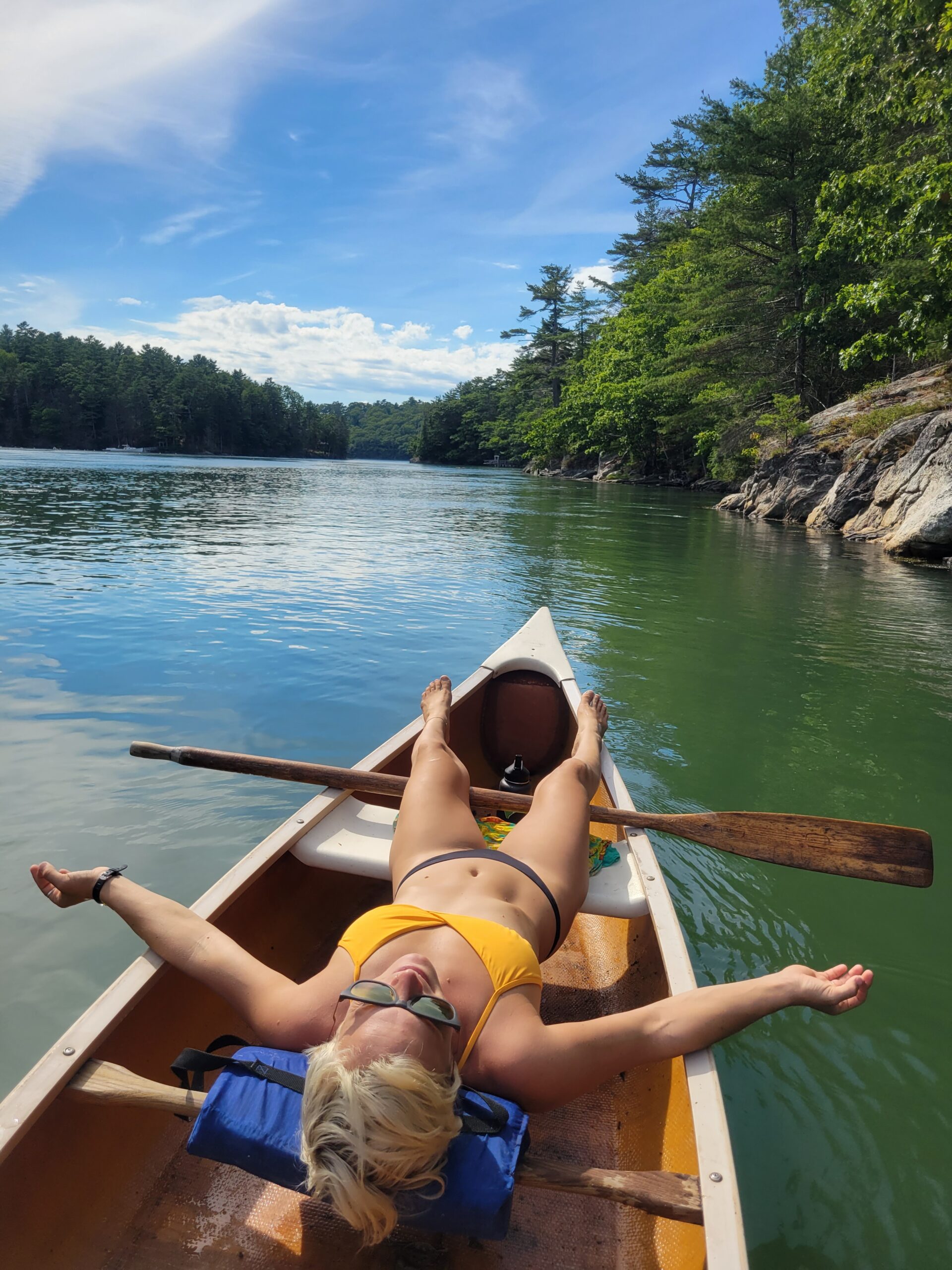
So let’s get into the nitty gritty of it.
‘Resting’ might not sound or feel sexy. Straight up. It might feel like, Meh. It might feel like, Ewww! It might feel like, Yeah, that’s for sissies. Well, it’s not. And here’s why:
I know that we all “know” we should rest, but here’s what’s helped me better understand the why we should rest: think about the importance of recovery after a workout.
By now the research that supports the importance of recovery in our workout / exercise programs is substantial. You’ve probably heard the saying, “Your workout is only as good as your recovery.” Intellectually, we know that our body integrates the benefits of the workout during the recovery time — not during the workout itself. It’s during recovery that we build more muscle, endurance, resilience, etc. If we skip the recovery, our workouts aren’t as effective, so naturally, we have the incentive to prioritize and allow space for the recovery process. Part of recovery might involve a low-key ‘recovery workout’ to help our bodies move lactic acid, etc. Part of recovery also includes straight-up rest days, time away from sport or working out. Complete rest days.
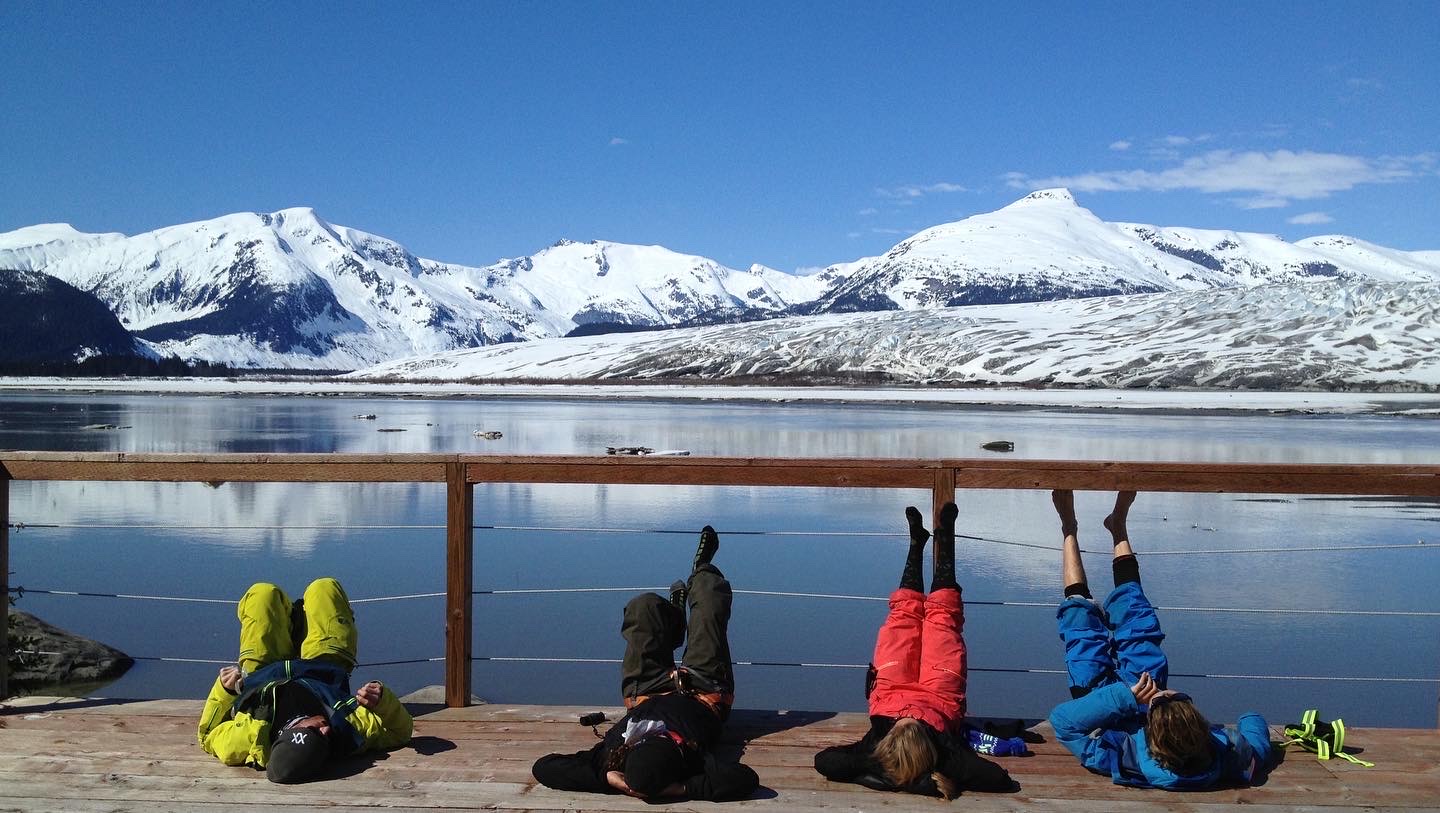
The same goes for our bodies and minds outside of sport. Our bodies need breaks no matter what. So do our minds.
Yet for me and 98% of the people I know, when we decide to take a ‘rest’ day, a couple things usually happen:
1) We end up filling our day with all the ‘other’ stuff we need to do. House projects, emails, phone calls, the like. Not really resting.
2) If we decide to ‘put our feet up’ or nap, we either can’t fall asleep so we don’t think it’s worth it, or …
3) We immediately encounter feelings of restlessness, discomfort, and / or guilt for resting, and so begins an internal narrative that we are worthless, lazy, an unproductive failure of a human, etc.
This happens even when we know we are exhausted and need to take a chill-pill. This is usually when we will pull out our phone to either do something productive on it, or distract ourselves from the guilty / lazy feeling by doomscrolling social media.
Sound familiar?
If you’re into the western-science ‘Why’ behind things, here is a link to a 15-minute video with neuroscientist, Andrew Huberman, talking about the What and the Why behind non-sleep deep rest — and why it is important:
Andrew is a great resource if this vid tickles your fancy. I highly recommend his podcast, The Huberman Lab, and especially his episodes on sleep.
Ok so now that we’ve cleared up that rest is important and that you are not alone in feeling like a worthless human when you try to chill out, let me share with you some takeaways from my own experience, and some tips on how to think about working with the ‘rest’ concept so that you might actually find a way to integrate it.
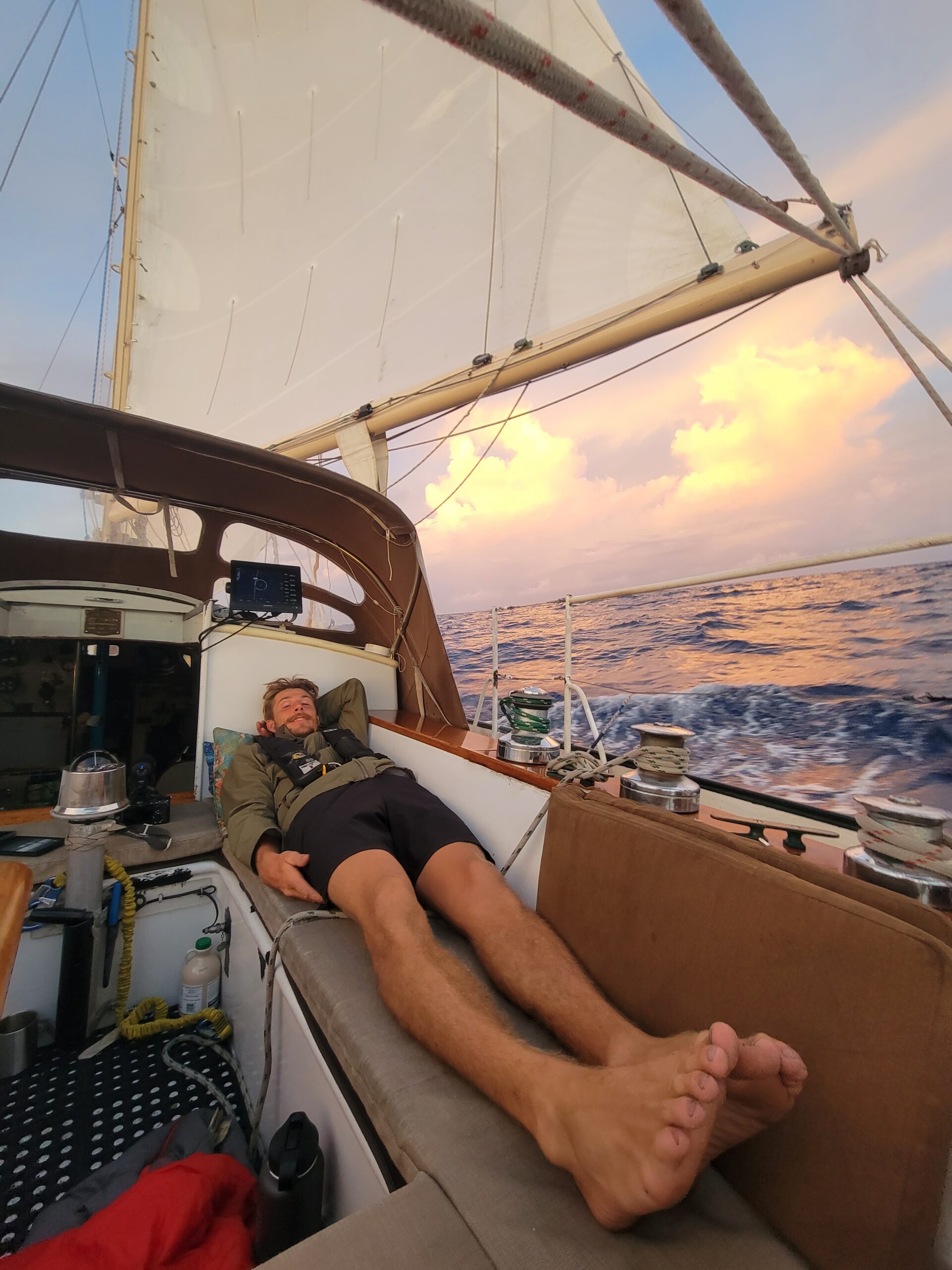
Rest can look different depending on what time of the year it is; where you’re currently at in your life; and how frequently you want to integrate it. Certain activities might make some people feel rested — e.g., a walk outside, playing some music, or doing art. For others, it might feel incredibly liberating and restful to turn your phone or computer totally off for a period of time. Some folks might straight-up need to be time in bed or on the couch. Some might find TV restful, others might find reading restful. What I’m getting at is that you should experiment and play around go with what feels good — not what you feel like it ‘should’ be. And also might change.
The most important component is listening to what sounds good and giving yourself permission to do it. And if you refuse to give yourself permission? Okay well then I, Angel Collinson, right now, am giving you full permission to lay down on the couch for 20 minutes every day and read erotica. Or go on a daily walk away from your kids. Or take that art break on Saturday to take your mind off stuff. Whatever it is, YOU HAVE PERMISSION!! This is important!!!
As far as how I think about it, there is daily rest, weekly rest, monthly rest, and yearly rest. Whatever calls your name as the thing you need … start there.
Daily Rest: This is how it all started for me, as my sole homework assignment from my Ayurveda teacher, Sam Norman: Put your feet up for 20 minutes. On the couch or floor with pillows under your knees and your legs elevated. No phone or social media, but books are ok — we’re going for low-stress and low cognitive load, so fantasy or fiction might be more restful than non-fiction or self-help. Bonus points for nothing at all, but in my experience, that’s Jedi level, and the books provide a healthier distraction from the aforementioned internal ‘I’m a POS’ narrative.
Especially try this 20 minute break if you usually want an afternoon cup of coffee. I have now gotten to the place where, instead of more caffeine, I’ll try a quick break laying down, and I am amazed how I truly feel less tired and more energized afterward. More bonus points for making this a habit around noon. I recommend this to anyone that is feeling overwhelmed or gassed.
Weekly Rest: Take a half a day or a few hours a week for fun, low-key, and non-productive stuff. You could put your feet up, or do a creative project, or lay down and read your book. Key: non-productive. (Things like learning the guitar can count, but only if it feels actually generative and nourishing — so keep tabs *hi dad pun* on whether it feels generative and restful, or whether it kinda feels like a mental workload.)
Monthly Rest: Take a weekend (or a couple of days) a month to absolutely veg out. This was recommended by a Red Bull athletic trainer for me personally. Sleep more those days, prioritize down time, reading time, full permission to be a lazy banana bones.
Yearly Rest: Take a BIG break from work and / or your sport. If you can, block off a week. (When I’m burnt out or super tired, I need 2-3 weeks.) This could be a vacation or a staycation (but one that is not too-too activity filled), but it ought to be a time for moseying, meandering, playing, following curiosities, sleeping as much as you need to, and feeling like you can get a deep breath.
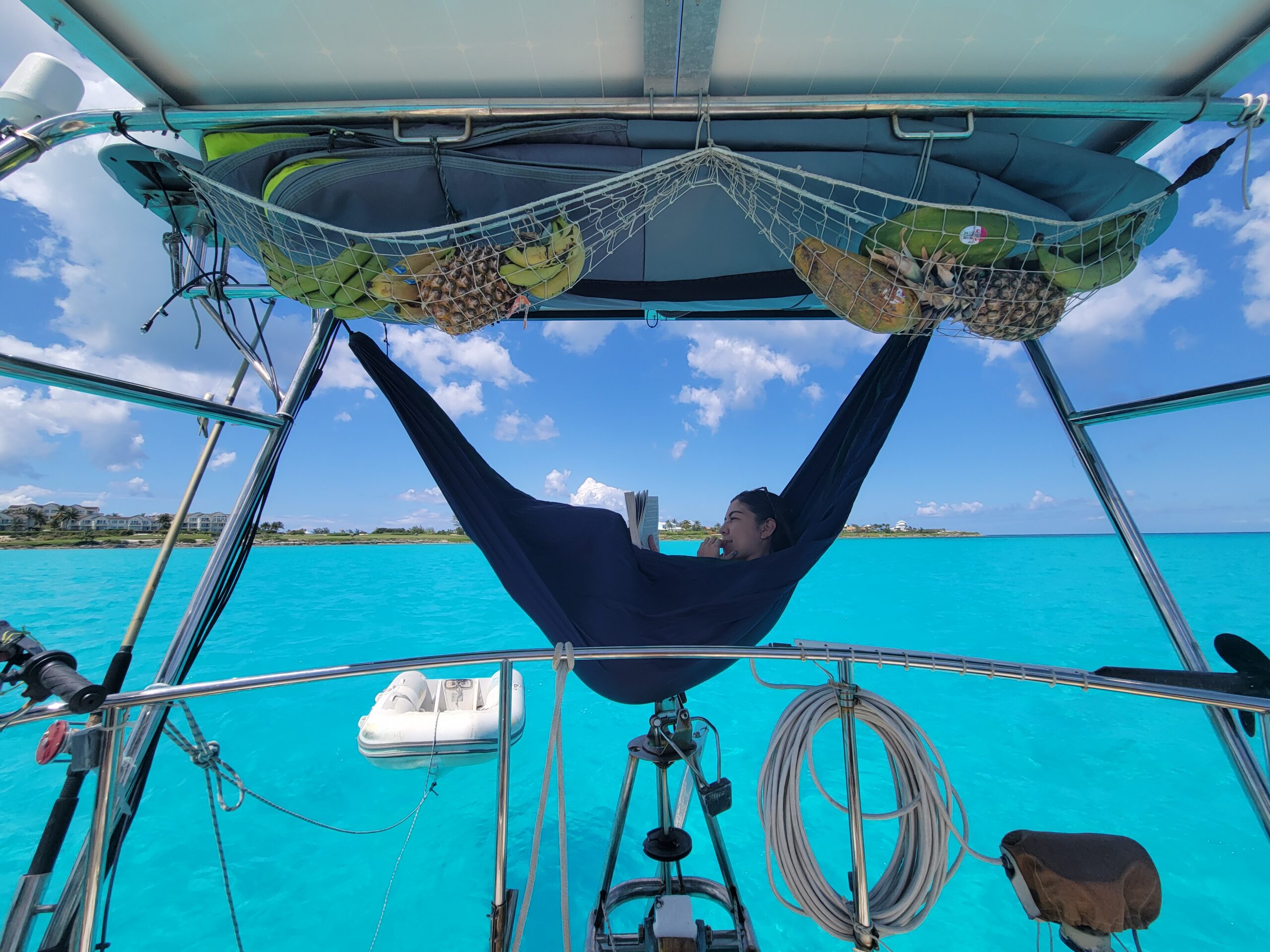
Now I know that there’s a good chance that none of this is news to you. But hopefully it’s what you needed to hear.
What happens when I do any of the above practices?
I’m much more efficient when I do want to be productive.
My body feels better.
I’m happier.
I start to shift the way that I spend my time into how I actually want to live my life. The time away from the go-go-go allows me to ‘recover’ in life and assimilate, metabolize, build my ‘life’ muscles and skills so that I can live in a way that’s more in alignment with what I want.
Something else that has shifted for me is that, when I’m feeling really tired but like I ‘need’ to do something, I’ll ask myself: “Do I truly have to do this right now? Or can I actually rest and come back to this when I have more energy?” And more often than not, it can usually wait. And when I come back to it after resting for a half a day, or a day, or 2 days, I can get it done in a fraction of the time I would have otherwise been spinning my wheels and using up a lot of energy for.
With all that said, and if nothing else, I hope you take away from this permission to prioritize a little more rest, and an understanding that if you struggle with feeling guilty about resting, you are not alone. It is so common. And it’s why I wrote this! Because I want us all to lead revolutionary lives that we are happy in and proud of. And I want us all to feel as good about the four-letter word “rest” as we do about all our other faves.
Happy resting.
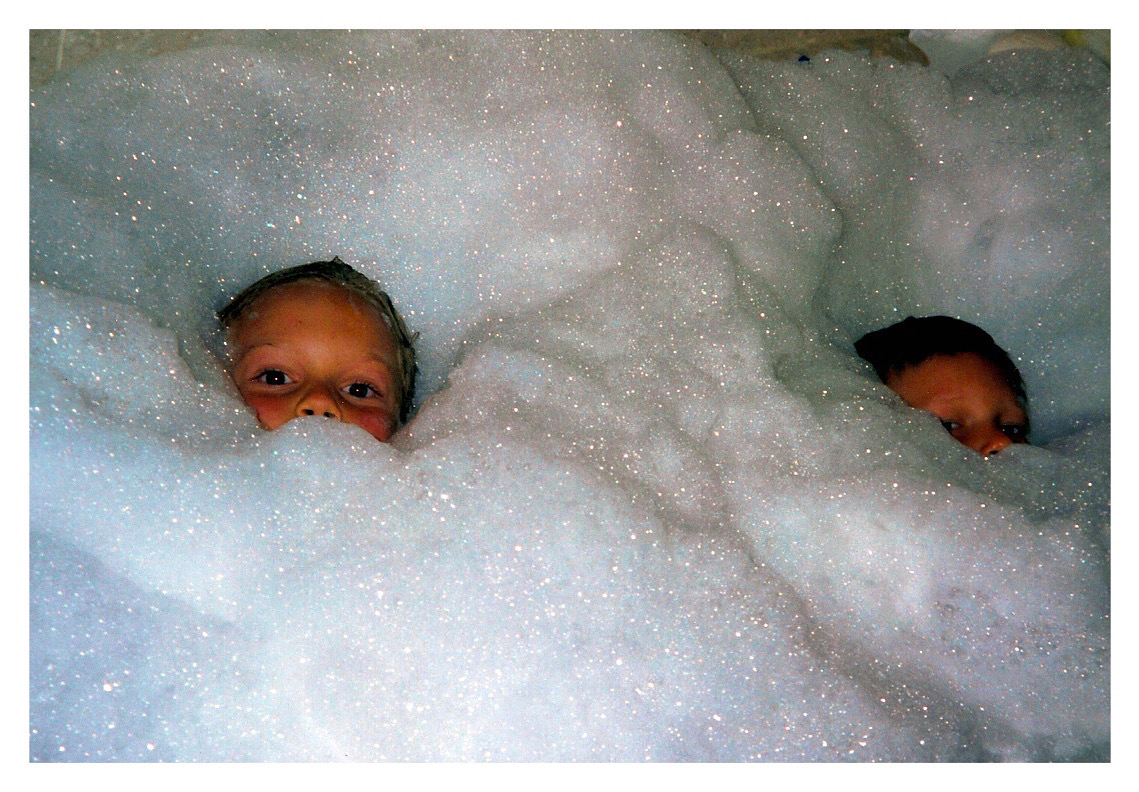
About Angel Collinson
As Angel puts it, she is a “skier of mountains, baby sailor of boats. Singer of songs, hounder of rocks. Haver of good times and lover of this planet.”


This is the shit we need. Thank you for the res(e)t.